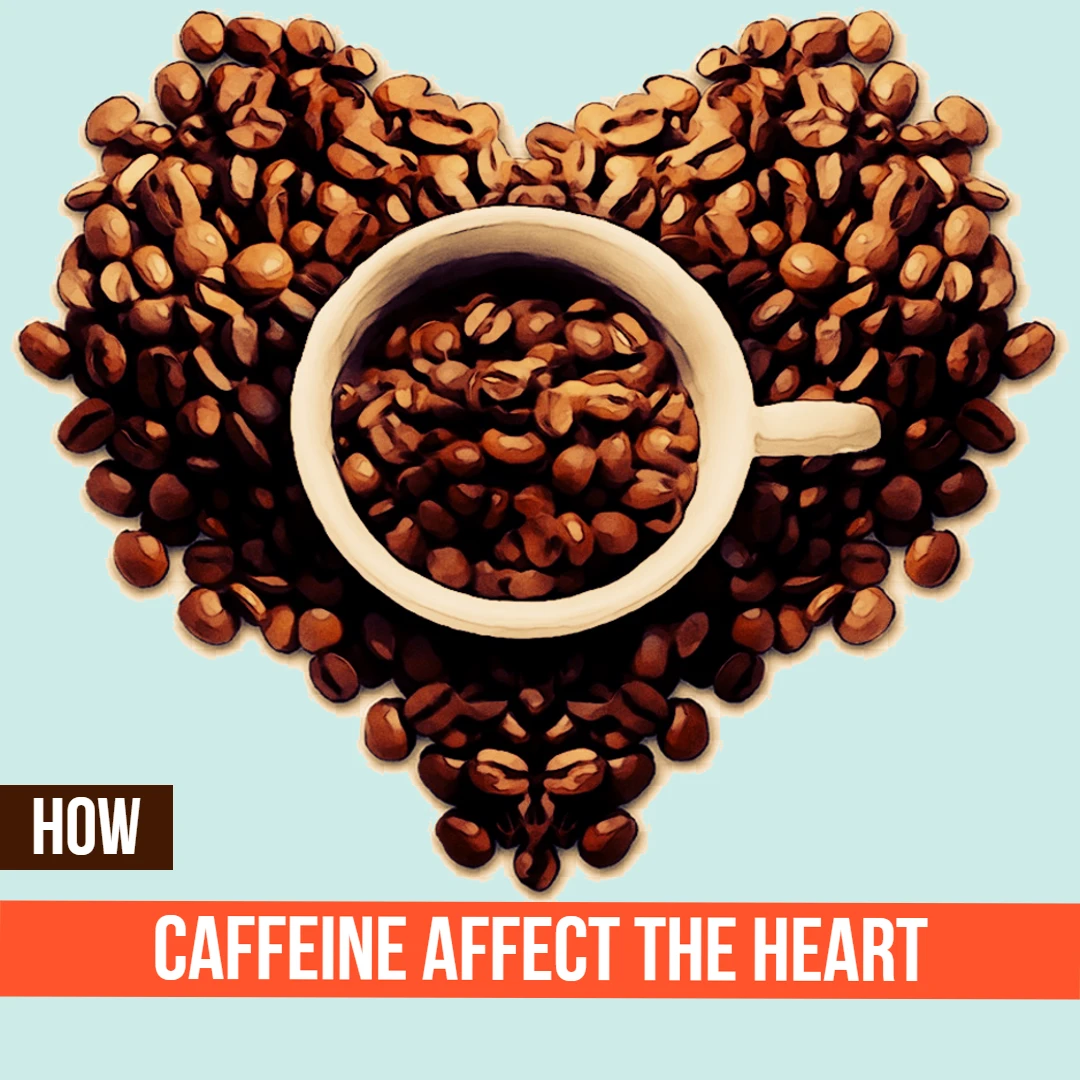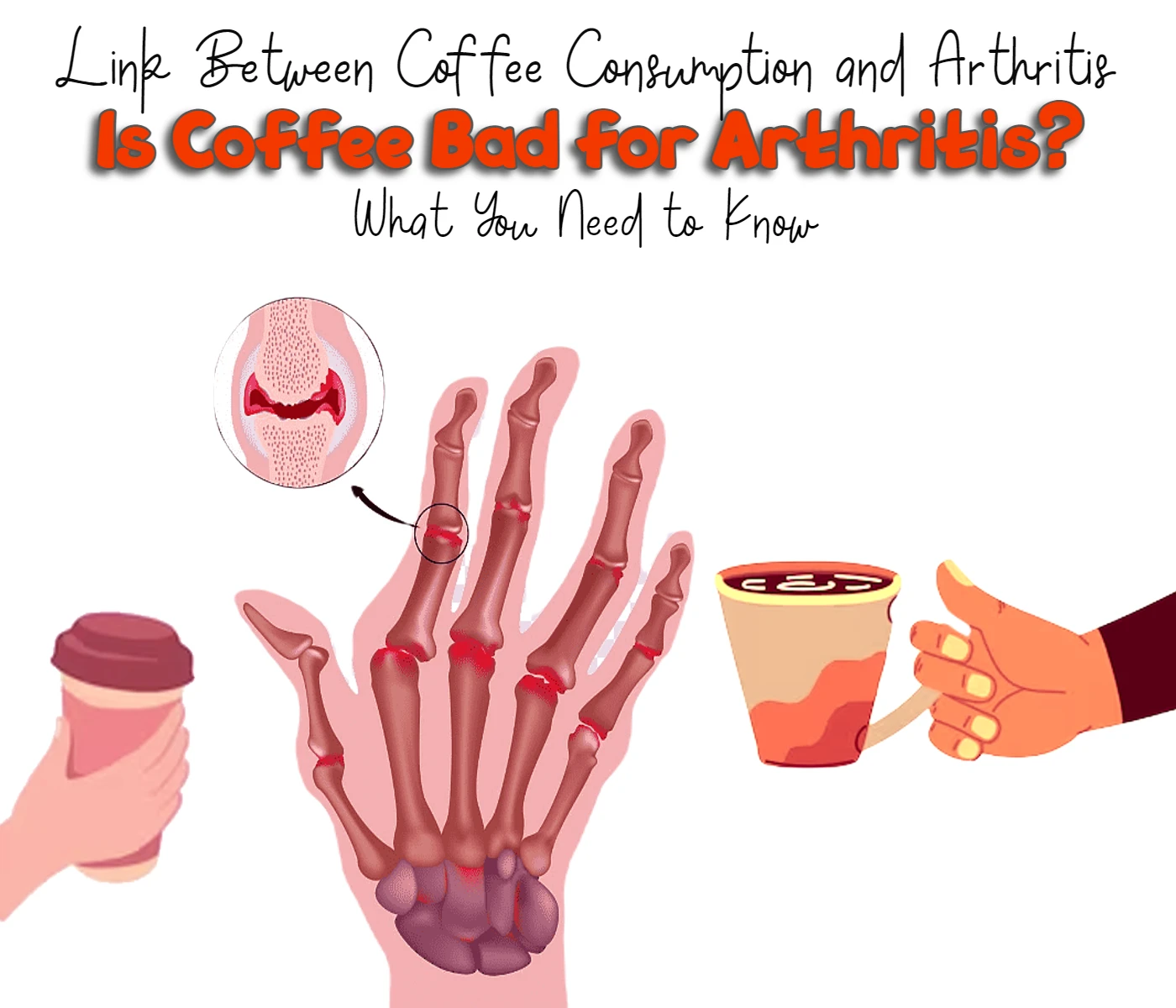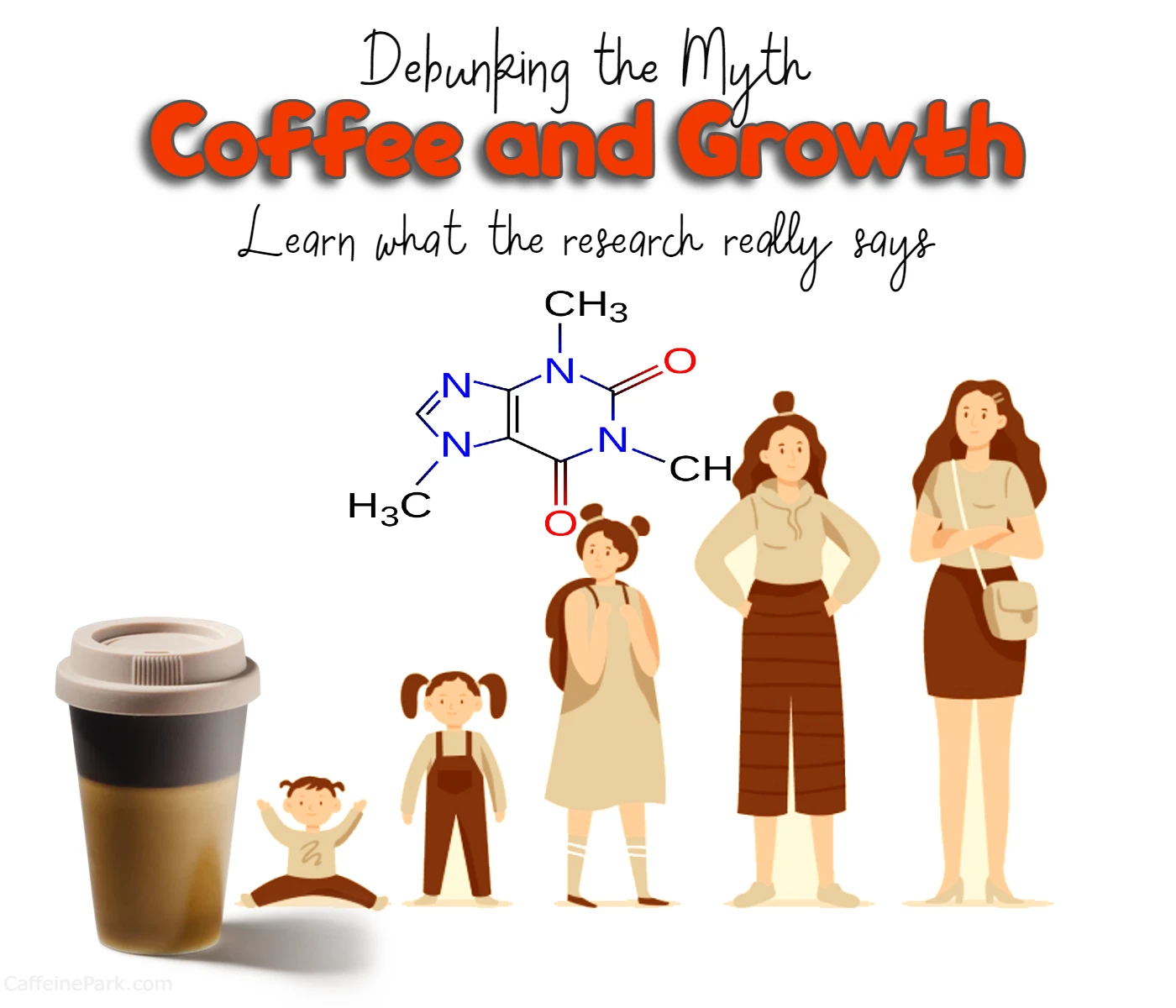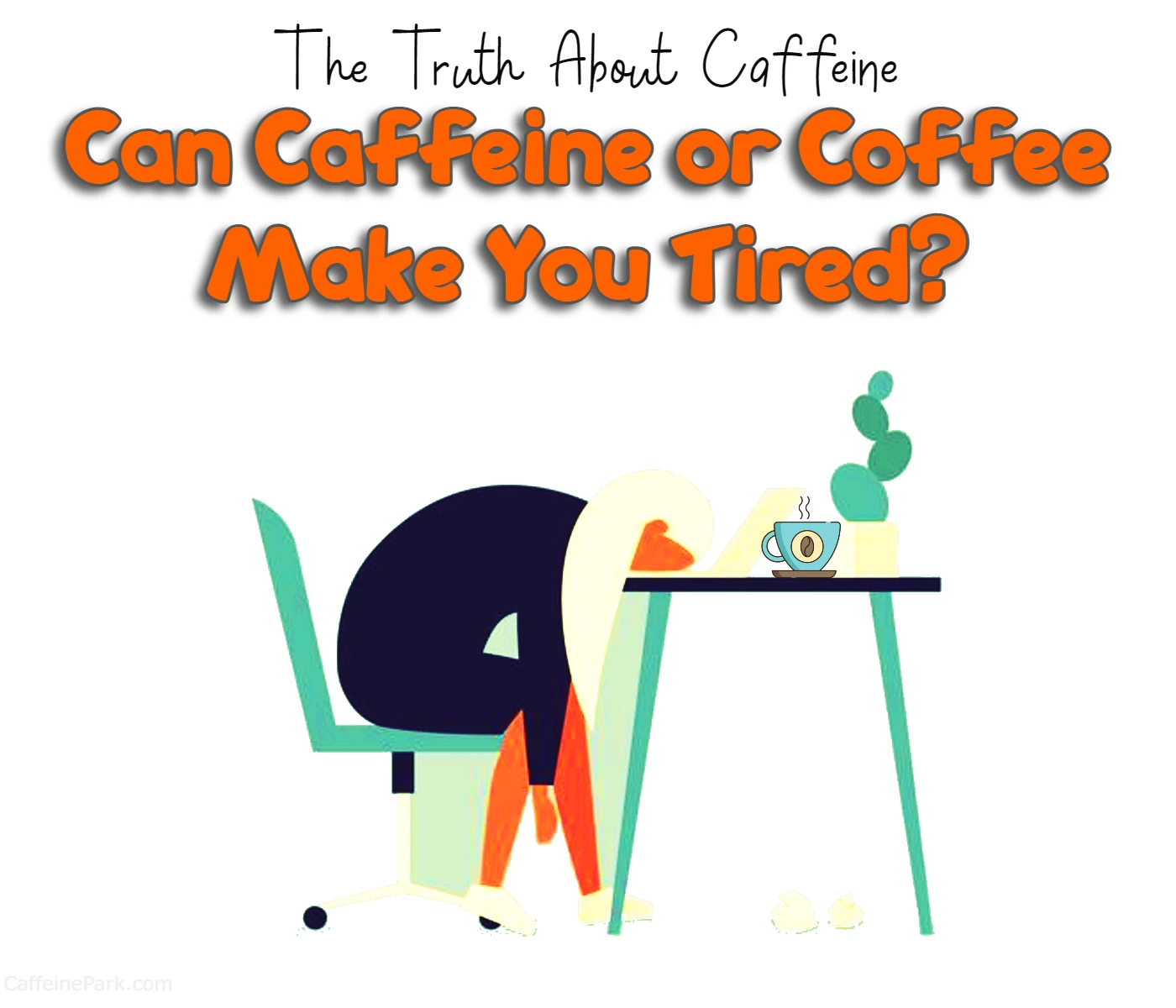
How does Caffeine Affect The Heart?
One of the most well-known effects of caffeine is its ability to increase heart rate. Caffeine stimulates the heart by increasing the production of adrenaline, a hormone that speeds up the heart. This can cause the heart to beat faster and harder, which can be beneficial for increasing physical performance, but can also be harmful to people who have certain heart conditions.
Caffeine can also increase blood pressure by constricting blood vessels and increasing the production of stress hormones. This can be beneficial for increasing blood flow to the muscles during exercise, but it can also increase the risk of hypertension (high blood pressure) and other cardiovascular diseases.
Some studies have suggested that high levels of caffeine consumption may increase the risk of heart attack, especially in people who are already at risk for heart disease. This may be due to the combined effects of caffeine on heart rate and blood pressure. Caffeine can also increase the risk of arrhythmias, which are abnormal heart rhythms that can be serious or even life-threatening.
On the other hand, some research suggests that caffeine may have a protective effect against heart disease. For example, several studies have found that moderate coffee consumption may be associated with a lower risk of heart disease, although the mechanisms behind this are not fully understood.
Overall, caffeine can have both positive and negative effects on the heart. While it can help to improve mental and physical performance, it is important to consume it in moderation, especially for people who are sensitive to its effects or who have underlying heart conditions. It is also important to remember that caffeine is not the only factor that affects heart health, and it is important to maintain a healthy lifestyle overall to reduce the risk of heart disease.
Top 10 affect of caffeine on the heart
#1. Increases heart rate:
One of the most well-known effects of caffeine is its ability to increase heart rate. Caffeine stimulates the heart by increasing the production of adrenaline, a hormone that speeds up the heart. This can cause the heart to beat faster and harder, which can be beneficial for increasing physical performance, but can also be harmful to people who have certain heart conditions.
#2. Increases blood pressure:
Caffeine can also increase blood pressure by constricting blood vessels and increasing the production of stress hormones. This can be beneficial for increasing blood flow to the muscles during exercise, but it can also increase the risk of hypertension (high blood pressure) and other cardiovascular diseases.
#3. Increases risk of heart attack:
Some studies have suggested that high levels of caffeine consumption may increase the risk of heart attack, especially in people who are already at risk for heart disease. This may be due to the combined effects of caffeine on heart rate and blood pressure.
#4. Increases risk of arrhythmias:
Caffeine can also increase the risk of arrhythmias, which are abnormal heart rhythms that can be serious or even life-threatening. This is especially true for people who have underlying heart conditions or who are sensitive to caffeine.
#5. May be protective against heart disease:
On the other hand, some research suggests that caffeine may have a protective effect against heart disease. For example, several studies have found that moderate coffee consumption may be associated with a lower risk of heart disease, although the mechanisms behind this are not fully understood.
#6. Individual responses to caffeine vary:
Caffeine affects everyone differently, and some people are more sensitive to its effects than others. Factors that can influence how caffeine affects the heart include age, gender, body weight, medications, and underlying health conditions.
#7. Caffeine can interact with medications:
Caffeine can interact with certain medications, such as those used to treat hypertension, heart disease, and other conditions. It is important to discuss caffeine intake with a healthcare provider if you are taking medications, as caffeine can interfere with the effectiveness of some drugs or increase the risk of side effects.
#8. Caffeine can be addictive:
Caffeine is a psychoactive substance that can be addictive, especially when consumed in large amounts. People who consume high levels of caffeine may experience withdrawal symptoms when they stop using it, including headache, irritability, and fatigue.
#9. Caffeine is not the only factor that affects heart health:
While caffeine can have an impact on heart health, it is not the only factor that matters. Other lifestyle factors that can affect heart health include diet, physical activity, stress, and tobacco and alcohol use. Maintaining a healthy lifestyle overall is important for maintaining a healthy heart.
#10. Moderation is key:
While caffeine can have both positive and negative effects on the heart, moderation is key. It is generally recommended to consume caffeine in moderation, which is defined as up to 400 mg per day for most adults. This is equivalent to about four cups of coffee, depending on the strength of the coffee. It is also important to pay attention to how caffeine affects you personally and to adjust your consumption accordingly.
How Caffeine and Heart are Related
Caffeine is a stimulant that is found in a variety of products such as coffee, tea, chocolate, and certain medications. It is also added to many energy drinks and other products that are marketed as providing a boost of energy or alertness. Caffeine works by stimulating the central nervous system, which can lead to increased heart rate and blood pressure.
For most people, moderate amounts of caffeine are generally safe and may even have some health benefits. For example, caffeine can improve physical performance, increase alertness, and reduce the risk of Parkinson’s disease and some types of cancer. However, consuming large amounts of caffeine can have negative effects on the heart and overall health.
One of the main ways that caffeine affects the heart is by increasing heart rate. Caffeine stimulates the sympathetic nervous system, which can cause the heart to beat faster. This can be beneficial for people who need a boost of energy or alertness, but it can be harmful for those with certain heart conditions such as arrhythmias or hypertension. In these cases, caffeine can increase the risk of heart palpitations, chest pain, and other cardiovascular problems.
In addition to increasing heart rate, caffeine can also raise blood pressure. This is because caffeine stimulates the production of adrenaline, which constricts blood vessels and increases blood pressure. While this effect is generally short-lived, it can be dangerous for people with high blood pressure or other cardiovascular problems. High blood pressure is a major risk factor for heart attacks, strokes, and other serious health issues.
The effects of caffeine on the heart can vary depending on an individual’s age, weight, and other factors. For example, older adults may be more sensitive to caffeine’s effects on the heart, while younger people may be less affected. Similarly, people who are overweight or obese may be more at risk for caffeine-related heart problems due to the added stress on the cardiovascular system.
It is generally recommended to limit caffeine intake to moderate levels, which is usually defined as 400 mg per day for adults. This is equivalent to about four cups of coffee. However, it’s important to pay attention to your own body and how it reacts to caffeine. Some people may be more sensitive to caffeine’s effects and may need to consume less, while others may be able to tolerate higher amounts without experiencing negative side effects.
In summary, caffeine and heart health are closely related. Moderate amounts of caffeine may have some health benefits, but consuming large amounts can increase the risk of heart problems such as arrhythmias, hypertension, and other cardiovascular issues. It’s important to pay attention to your caffeine intake and be aware of how your body reacts to it.
Is caffeine bad for your heart?
Caffeine can have both positive and negative effects on heart health. In moderation, caffeine can help improve physical performance, increase alertness, and reduce the risk of Parkinson’s disease and some types of cancer. However, consuming large amounts of caffeine can increase the risk of heart problems such as arrhythmias, hypertension, and other cardiovascular issues.
One of the main ways that caffeine affects the heart is by increasing heart rate. Caffeine stimulates the sympathetic nervous system, which can cause the heart to beat faster. This can be beneficial for people who need a boost of energy or alertness, but it can be harmful for those with certain heart conditions. In addition to increasing heart rate, caffeine can also raise blood pressure. This is because caffeine stimulates the production of adrenaline, which constricts blood vessels and increases blood pressure.
The effects of caffeine on the heart can vary depending on an individual’s age, weight, and other factors. For example, older adults may be more sensitive to caffeine’s effects on the heart, while younger people may be less affected. Similarly, people who are overweight or obese may be more at risk for caffeine-related heart problems due to the added stress on the cardiovascular system.
It is generally recommended to limit caffeine intake to moderate levels, which is usually defined as 400 mg per day for adults. This is equivalent to about four cups of coffee. However, it’s important to pay attention to your own body and how it reacts to caffeine. Some people may be more sensitive to caffeine’s effects and may need to consume less, while others may be able to tolerate higher amounts without experiencing negative side effects.
Can Caffeine Cause Heart Arrhythmia?
Yes, caffeine can potentially cause heart arrhythmia in some people. An arrhythmia is a term used to describe an abnormal heart rhythm. There are many different types of arrhythmias, and they can range from mild to severe. Some arrhythmias are harmless and do not cause any symptoms, while others can be life-threatening and require medical treatment.
Caffeine can stimulate the sympathetic nervous system, which can cause the heart to beat faster and increase the risk of arrhythmia. This is especially true for people who are sensitive to caffeine or consume large amounts of caffeine on a regular basis. In addition, caffeine can raise blood pressure and increase the risk of hypertension, which can also contribute to arrhythmia.
It’s important to note that not everyone is equally sensitive to caffeine’s effects on the heart. Some people may be able to consume caffeine without experiencing any problems, while others may be more sensitive and may need to limit their intake. If you have a history of heart problems or are taking certain medications, it’s especially important to be cautious about your caffeine intake and talk to your healthcare provider about any potential risks.
Read More:
Contents
- Top 10 affect of caffeine on the heart
- #1. Increases heart rate:
- #2. Increases blood pressure:
- #3. Increases risk of heart attack:
- #4. Increases risk of arrhythmias:
- #5. May be protective against heart disease:
- #6. Individual responses to caffeine vary:
- #7. Caffeine can interact with medications:
- #8. Caffeine can be addictive:
- #9. Caffeine is not the only factor that affects heart health:
- #10. Moderation is key:
- How Caffeine and Heart are Related
- Is caffeine bad for your heart?
- Can Caffeine Cause Heart Arrhythmia?





